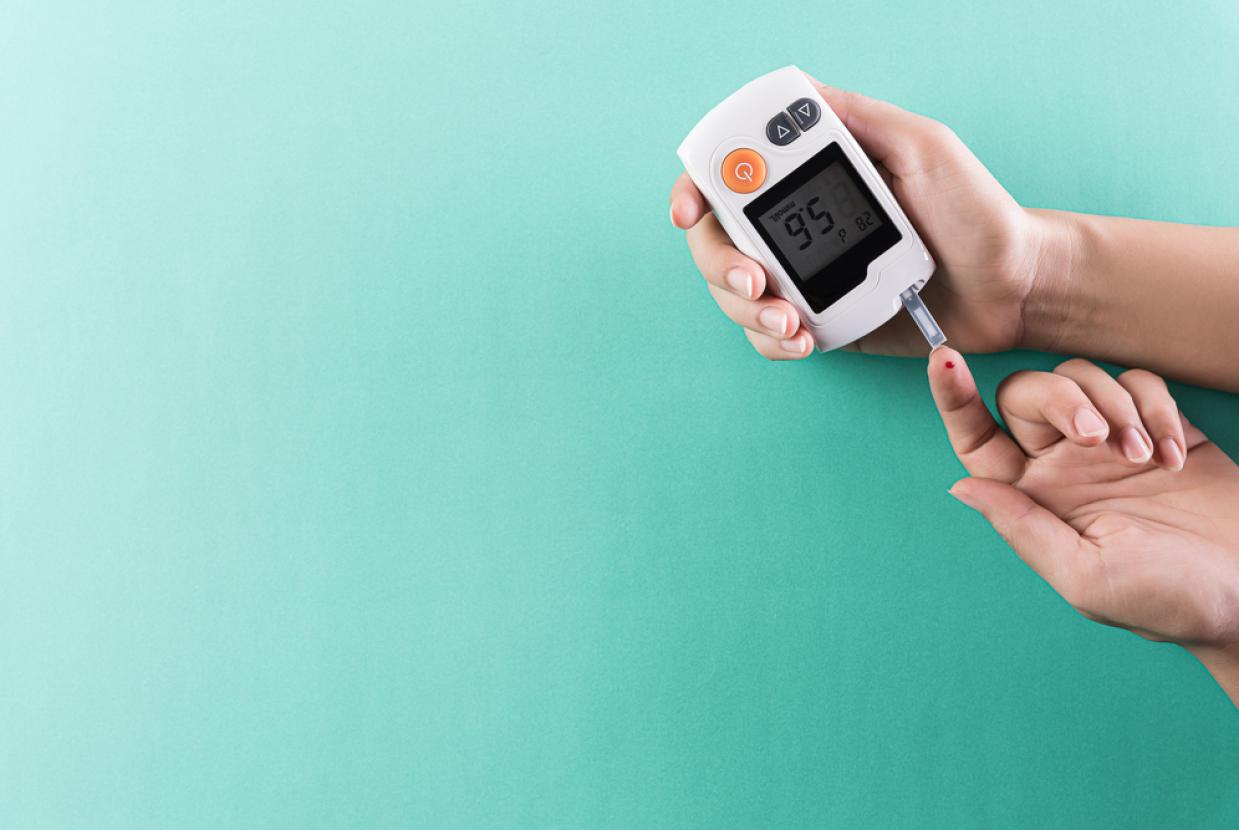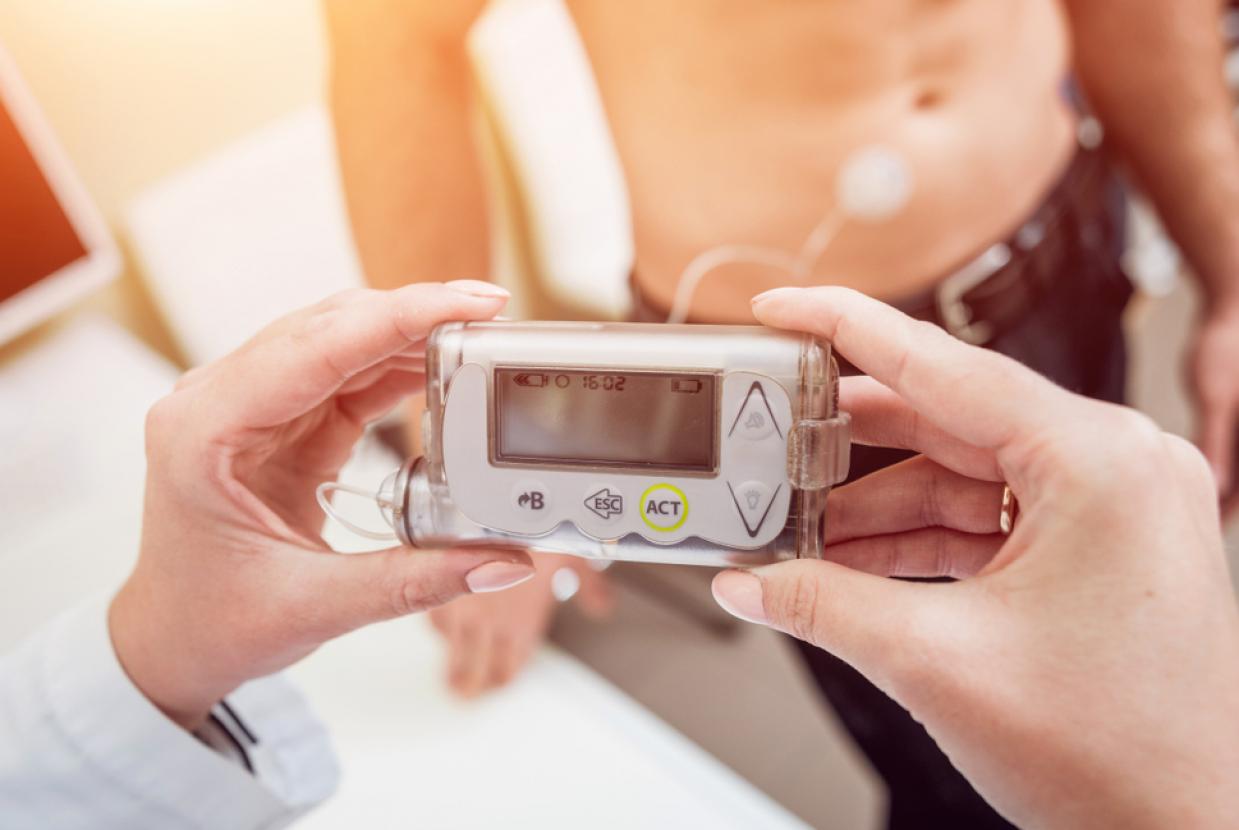Supporting A Work Colleague With Diabetes
Diabetes / Workplace HealthIf a person has diabetes, it’s up to them if they want to tell their colleagues and manager about their condition. But being open can help you give them any support they might need. The best way to get informed about diabetes and how it affects someone is to ask them. They live with the condition every day and will be able to let you know how you can best help them.
If you know nothing about diabetes, have a look at Diabetes: the basics to get the facts. Think about sharing this information on your intranet and other internal communications channels.
You can also download the guide for employers and colleagues on Supporting someone with diabetes at work (PDF, 222KB).
Is diabetes a disability?
People with diabetes usually don’t think of it as a disability. But the law often decides that it is. That’s because it’s a long-term condition that can seriously affect someone’s ability to do normal day-to-day things if it’s not treated.
This means diabetes is nearly always covered by the Equality Act 2010, or the Disability Discrimination Act 1995 if you live in Northern Ireland. This act says an employer needs to make ‘reasonable adjustments’ so that someone with a disability (like diabetes) can do their job.
How do people manage diabetes?
Most people can manage their diabetes so it doesn’t affect their work. This takes careful planning and resourcefulness. It can mean taking medication at specific times and checking blood glucose (blood sugars) throughout the day. For some people with diabetes, this can mean injecting insulin and pricking their finger to check blood sugar levels.
Some people can feel awkward about injecting in public and even feel embarrassed. Reassure your colleague that you understand what they’re doing and it’s not a problem. If you manage them, help them find somewhere appropriate to do it, so they don’t feel the need to hide in the toilet.
Some people with diabetes are at risk of something called hypos, when their blood sugars go too low. Ask them what symptoms to look out for and what to do if they ever need help treating a hypo.
Reasonable adjustments
If someone tells their employer they have diabetes, the employer may have a legal obligation to make ‘reasonable adjustments’, so they can manage their diabetes and do their job.
Reasonable adjustments might be making sure they have their breaks at set times, so they can keep on top of their blood sugar levels, or providing special equipment if they have eye problems. Reasonable adjustments don’t have to cost money – they are more about taking a flexible approach to work.
If you manage someone with diabetes, ask them if you can do anything to support them at work. They may say no, but diabetes can affect people in different ways over time. So make sure they know they can discuss their diabetes regularly in one-to-ones and appraisals if they want to.
Time off work for illness and check-ups
People with diabetes need to go to several healthcare appointments a year. They’re an essential part of managing diabetes and help reduce the risk of serious complications. There’s also an annual review with their healthcare team, which is vital in helping them manage their diabetes.
If you manage someone with diabetes, it’s vital you give them time off for these essential checks. Check your policies on managing people with long-term health conditions and approving time off for medical appointments.
When people with diabetes get illnesses like a cold, flu or stomach bug, they may need to do extra checks, such as checking their blood sugar levels more often, checking they aren’t dehydrated and managing what they eat carefully. They may need extra support from their healthcare team. So allow them time to get better and provide flexible working options if appropriate as they return to work.
Discuss this with your company's occupational health team if you have one. Stress can slow down their recovery even further and can affect their diabetes too, so think about emotional wellbeing too.
Time off work for a diabetes education course
Education courses are available for people with diabetes to help them understand and manage their condition. If you manage someone with diabetes, encourage them to go on an education course, even if it means time off work. They may be entitled to time off for the course under the Equality Act 2010.
Courses like DAFNE (for Type 1 diabetes) and DESMOND (for Type 2 diabetes) make a big difference to how well someone with diabetes can manage their condition. They can improve a person’s health in the long term and reduce time off due to complications. And if people share what they’ve learned with colleagues, this awareness can spread across your whole organisation.
Driving and diabetes
People with diabetes are usually allowed to drive. However, there are extra rules that depend on which medications they take and which driving licence they hold or want to hold.
There is more information on driving with diabetes. And there’s a lot more guidance available from the DVLA (or DVA in Northern Ireland).
Pregnant women with diabetes
To increase their chances of having a healthy baby and keeping safe, pregnant women with diabetes need extra support. They must take extra care of their health at all stages of pregnancy. They’ll have more appointments from pre-conception onwards. They’ll probably need extra scans and will need their treatment reviewed at times.
Some women who don’t have diabetes before pregnancy develop gestational diabetes during pregnancy, which means they also need extra care and more appointments. Gestational diabetes usually goes away not long after the baby is born, but women are at increased risk of developing Type 2 diabetes in the future.
So if you manage a pregnant woman with diabetes, talk about whether you need to make some extra reasonable allowances. These might include flexibility around working hours and some time off for appointments. Take the lead from them and be available to discuss any issues they might have.
Emotional wellbeing and diabetes
It’s hard being diagnosed with diabetes. And it’s often hard living with it. Be aware of any challenges your colleague is facing and be there for them if they need support.
Stress and stressful situations at work (things like interviews, increased workload, threat of redundancy) can cause raised blood sugar levels and make it harder for someone to manage their diabetes. It can become a cycle of negative feelings that can leave someone feeling low and even lead to depression.
If you manage someone with diabetes who might be struggling like this, discuss if any reasonable adjustments at work could see them through this bad patch? If they need professional help, they should speak first to their doctor or a member of their healthcare team who could arrange for them to see a counsellor. If you have an employee assistance programme or in-house counsellor, you could point them there too.
Can I help prevent my colleagues getting diabetes?
You can’t prevent Type 1 diabetes, but staying healthy by eating well and exercising regularly can reduce people’s chances of getting Type 2 diabetes.
Think about introducing fruit and healthy snacks alongside (or instead of) cakes and biscuits. You could start up a lunchtime exercise class or walking group. If you manage people, give them regular breaks so they can step away from their work and stretch their legs.
Use your intranet and other internal communications channels to raise awareness of the importance of a healthy lifestyle in preventing conditions like Type 2 diabetes.
Can organisations refuse to employ someone with diabetes?
There are a few jobs or roles where safety-critical work may mean that you would need to carefully assess someone’s ability to carry it out because of their diabetes or the way that it is treated. In most cases, diabetes won’t stop someone doing their job.
Employers are not allowed to have a blanket ban on employing people with diabetes. The one exception to this is the armed services which is exempt from the Equality Act 2010. In the emergency services (fire, ambulance and police), each local service has its own rules, but they must risk assess the role and look at each individual case. It is important that those conducting the assessment have both an understanding of the role and of diabetes and how it is currently managed.




































